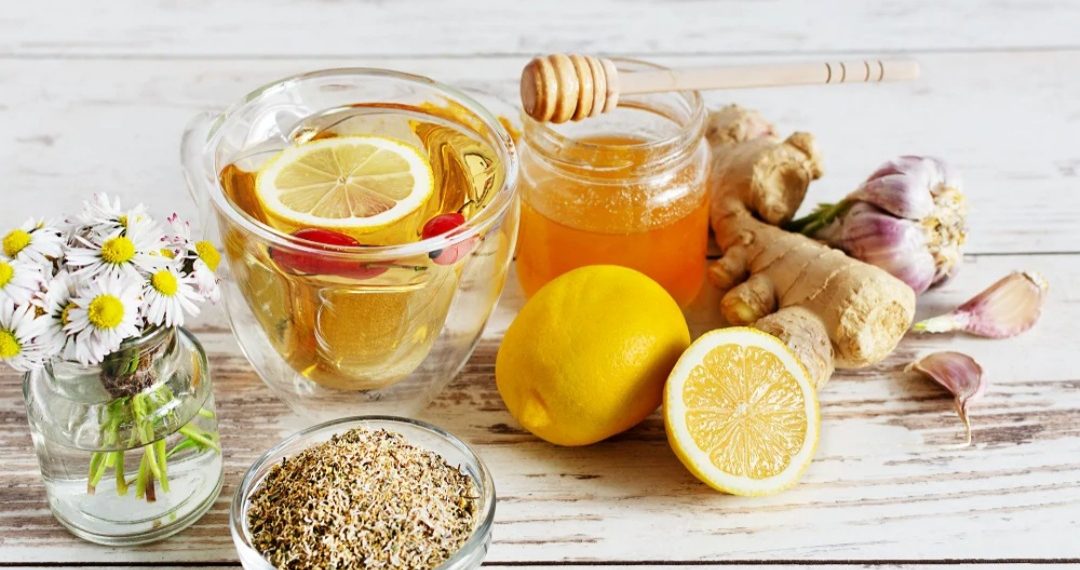Your immune system can benefit from regular consumption of a variety of nutrient-rich foods, such as citrus fruits and spinach, which are high in vitamins and minerals. Providing your body with specific meals may assist maintain a robust immune system. The first thing you should do when looking for strategies to avoid getting colds, the flu, or other infections is to go to your neighbourhood grocery shop. Include these 12 potent immune system boosters in your food plans. No dietary supplement can treat or stop the disease. It’s crucial to recognise that no supplement, diet, or lifestyle change other than physical distance, also known as social distance, and good hygiene practises can protect you from the 2019 coronavirus COVID-19 pandemic. There is currently no evidence to suggest the usage of any supplements to particularly protect against COVID-19.
1. Citrus fruits
Most individuals immediately go for vitamin C when they develop a cold. The reason for this is that it strengthens your immune system. White blood cells, which are essential for battling infections, are thought to be produced more frequently when vitamin C is present. Vitamin C levels are high in almost all citrus fruits. With so many options, it’s simple to slip a little of this vitamin into any meal. Oranges, grapefruit, clementines, tangerines, lemons, and limes are a few common citrus fruits. You need vitamin C every day for continued health because your body cannot make or store it. For most adults, a daily intake of 75 mg for women and 90 mg for males is advised. If you decide to use supplements, don’t exceed 2,000 mg per day. Additionally, bear in mind that while vitamin C could hasten your recovery from a cold, there is currently no proof that it works against the brand-new coronavirus, SARS-CoV-2.
2. Red bell peppers
Think again if you believe that citrus fruits provide the highest amount of vitamin C of any fruit or vegetable. Red bell peppers have almost three times as much vitamin C per ounce (127 mg) as a Florida orange (45 mg), according to a reliable source. Additionally, they contain a lot of beta-carotene. In addition to strengthening your immune system, vitamin C may support healthy skin maintenance. Your body transforms beta-carotene into vitamin A, which benefits the health of your skin and eyes.
3. Garlic
Almost every cuisine in the world uses garlic. It enhances the flavour of food and is essential for good health. Its effectiveness in preventing infections was recognised by ancient cultures. There is some evidence that garlic helps lower blood pressure, and it may also slow the hardening of the arteries. The high concentration of sulfur-containing chemicals in garlic, like allicin, appears to be the source of its immune-stimulating effects.
4. Ginger
Another food that many use when they are ill is ginger. Ginger may help lessen inflammation, which can lessen inflammatory disorders and sore throats. Ginger might also alleviate nausea. Despite being a common ingredient in sweet foods, ginger contains gingerol, a compound related to capsaicin that gives it considerable heat. Additionally, ginger may lessen chronic discomfort and may even have cholesterol-lowering qualities, according to a reliable source.
5. Spinach
Spinach made our list not just because it’s high in vitamin C, but also because it’s loaded with beta carotene and a tonne of other antioxidants that may help our immune systems fight off infections. Like broccoli, spinach benefits from being cooked as little as possible to preserve its nutrients. However, minimal heating facilitates the absorption of vitamin A and permits the release of other nutrients from the antinutrient oxalic acid. Here are some recipes using spinach.
6. Yogurt
Look for yoghurts, such as Greek yoghurt, that say “live and active cultures” on the label. These cultures might boost your immune system and aid in disease prevention. Try to purchase plain yoghurt rather than flavour- and sugar-laden varieties. Instead, you can naturally sweeten plain yoghurt with a few nutritious fruits and a sprinkle of honey. Yoghurt may be a fantastic source of vitamin D, so look for ones that have it added. Vitamin D is thought to strengthen our body’s natural defences against sickness and aid in immune system regulation. Even clinical trials to investigate its potential benefits on COVID-19 are in the works.
7. Almonds
Vitamin E typically loses ground to vitamin C in the prevention and treatment of colds. However, a strong immune system depends on this antioxidant. It is a fat-soluble vitamin, which implies that for adequate absorption, fat must be present. The vitamin is abundant in nuts, like almonds, which also contain good fats. Only about 15 mg of vitamin E is required daily for adults. Approximately 46 whole, shelled almonds, or half a cup, offer 100% of the daily recommended intake of almonds.
8. Turmeric
Turmeric is a common curry ingredient that you may be familiar with. This bright yellow, pungent spice has also long been used as an anti-inflammatory in the treatment of rheumatoid and osteoarthritis. High levels of curcumin, the pigment that gives turmeric its unique colour, have been found to reduce the damage that exercise causes to muscles, according to research from a reliable source. Based on results from animal studies, curcumin shows potential as an immune stimulant and an antiviral. More study is required.
9. Green tea
The antioxidant flavonoids, which are present in both green and black teas, are abundant. The amount of epigallocatechin gallate (EGCG), another potent antioxidant, is where green tea really shines. EGCG has been found in trials to improve immunological performance. The majority of the EGCG in black tea is destroyed during the fermentation process. The EGCG is maintained in green tea because it is steamed rather than fermented. L-theanine, an amino acid, is also present in green tea in good amounts. L-theanine may facilitate your T cells’ production of antimicrobial substances.
10. Papaya
Papayas have decent amounts of potassium, magnesium, and folate, all of which are beneficial to your overall health. Another fruit high in vitamin C is papaya. A single medium fruit has double the recommended daily allowance of vitamin C. Additionally, papayas contain the digestive enzyme papain, which has anti-inflammatory properties. The reasonable amounts of potassium, magnesium, and folate found in papayas are all good for your general health.
11. Poultry
When you grab chicken soup when you’re sick, it doesn’t merely make you feel better due to the placebo effect. The soup might lessen inflammation, which would assist with cold symptoms. Turkey and other poultry are excellent sources of vitamin B-6. Nearly one-third of your daily recommended intake of B-6 is found in about 3 ounces of lean turkey or chicken meat. Many chemical processes that take place in the body involve vitamin B-6. Additionally, it’s essential for the growth of fresh, healthy red blood cells. Gelatin, chondroitin, and other minerals that are beneficial for gut healing and immunity can be found in stock or broth produced from simmering chicken bones.
12. Shellfish
Many people who want to strengthen their immune systems don’t immediately think of shellfish, yet some varieties are rich in zinc. Compared to other vitamins and minerals, zinc doesn’t receive as much attention, but our bodies require it for our immune cells to operate properly. Oysters, crabs, lobsters, and mussels are some kinds of shellfish that are rich in zinc. Remember that you shouldn’t consume more than the amount suggested for daily consumption. A reliable source of zinc in your diet is 8 mg for the majority of adult women and 11 mg for adult males. In fact, an excessive amount of zinc might suppress the immune system.
More ways to prevent infections
The secret to good nutrition is variety. Even if you consume one of these items frequently, it won’t be enough to help you fight off the flu or other infections. Pay close attention to serving sizes and suggested daily intake to avoid getting too much of one vitamin and insufficient amounts of others. There are other things you can do to safeguard yourself and your family from the flu, colds, and other illnesses while eating healthily is a fantastic place to start. Read through these seven tips for flu-proofing your house after beginning with these fundamentals of flu prevention. Perhaps most importantly, vaccinate yourself and others against the flu each year.





